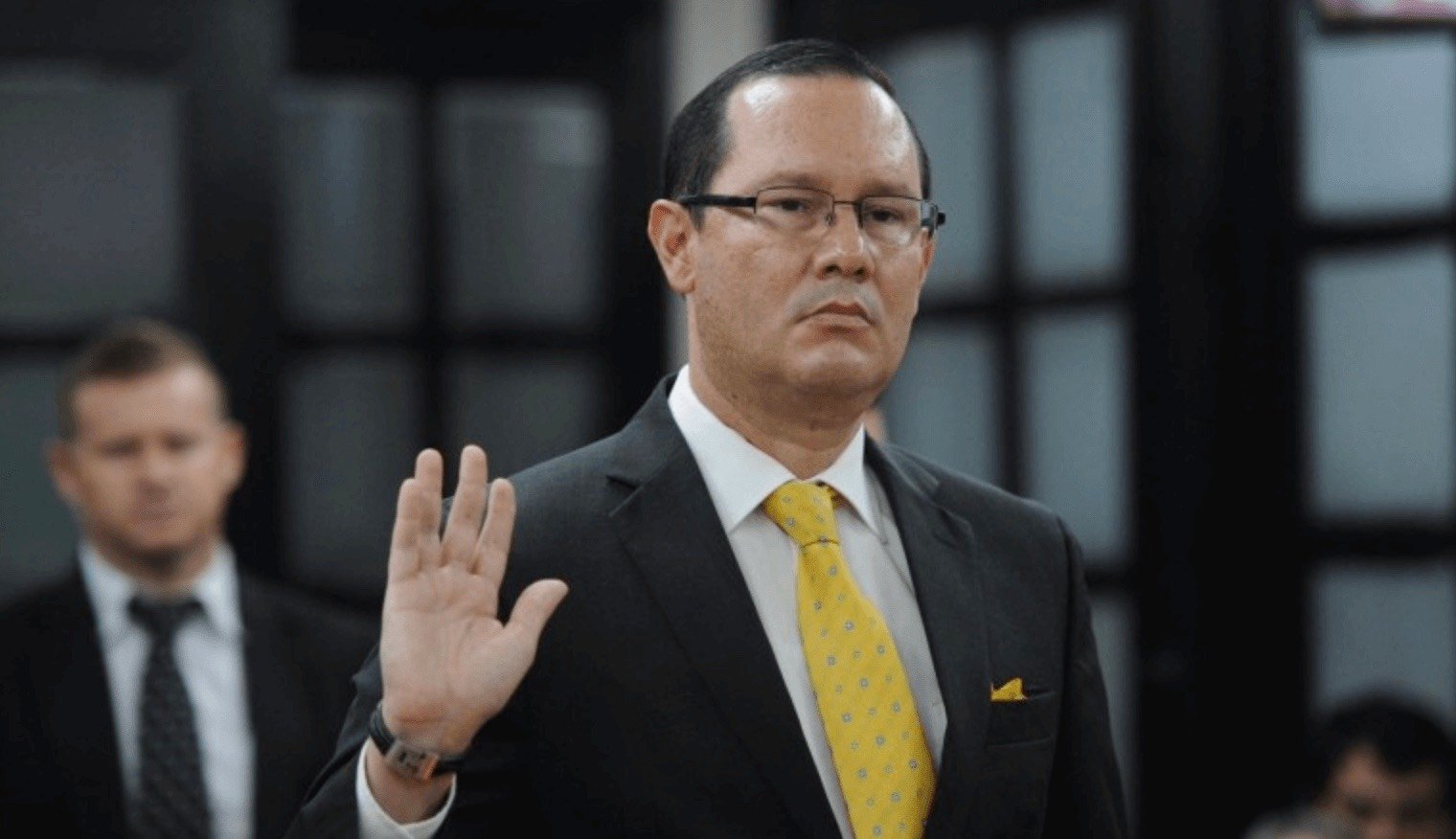The arrest of former Costa Rican Security Minister Celso Gamboa Sánchez has thrown the country into what may be the most serious drug-related corruption scandal in its history. On June 23, Gamboa was detained in San José following a U.S. extradition request. He stands accused of conspiring to traffic and distribute cocaine and allegedly serving as the Costa Rica-based coordinator for a regional trafficking network linked to Colombia’s Clan del Golfo and Mexico’s Sinaloa Cartel.
According to U.S. DEA investigations, Gamboa facilitated the movement of cocaine shipments through Costa Rica’s Pacific and Caribbean coasts. The drugs were stored in-country and then re-exported northward to Honduras, Guatemala, Mexico, and ultimately the U.S. Confidential sources claim Gamboa boasted of official protection under President Rodrigo Chaves Robles’ administration—an allegation the president strongly denies.
The scandal has amplified scrutiny on Chaves Robles, especially after the Costa Rican Supreme Court recently requested Congress lift his immunity over unrelated corruption allegations involving international consultancy contracts. These developments come amid a wave of corruption probes involving judges, prosecutors, police, and other public officials accused of aiding criminal networks and laundering illicit assets.
Historically considered a relatively stable and low-corruption country, Costa Rica’s image has taken a hit as drug-related corruption reaches the highest echelons of power. The Gamboa case marks the first time a figure of his seniority has been arrested for cartel ties. It reflects Costa Rica’s shifting role from a transit corridor to a critical hub in the global cocaine trade.
In 2024 alone, authorities seized 27 metric tons of cocaine—up significantly from 2023—and homicide rates surged in port areas like Limón, pointing to increased cartel activity and turf wars. Organized crime groups have ramped up efforts to embed themselves in Costa Rica’s institutions, forging alliances with local elites to strengthen trafficking routes and enhance operational efficiency.
While Gamboa’s arrest is being hailed by law enforcement as a key victory, it also highlights the deepening reach of narco-corruption and the urgent need for institutional reform in a country once viewed as a bastion of democratic stability in Central America.






0 Comments